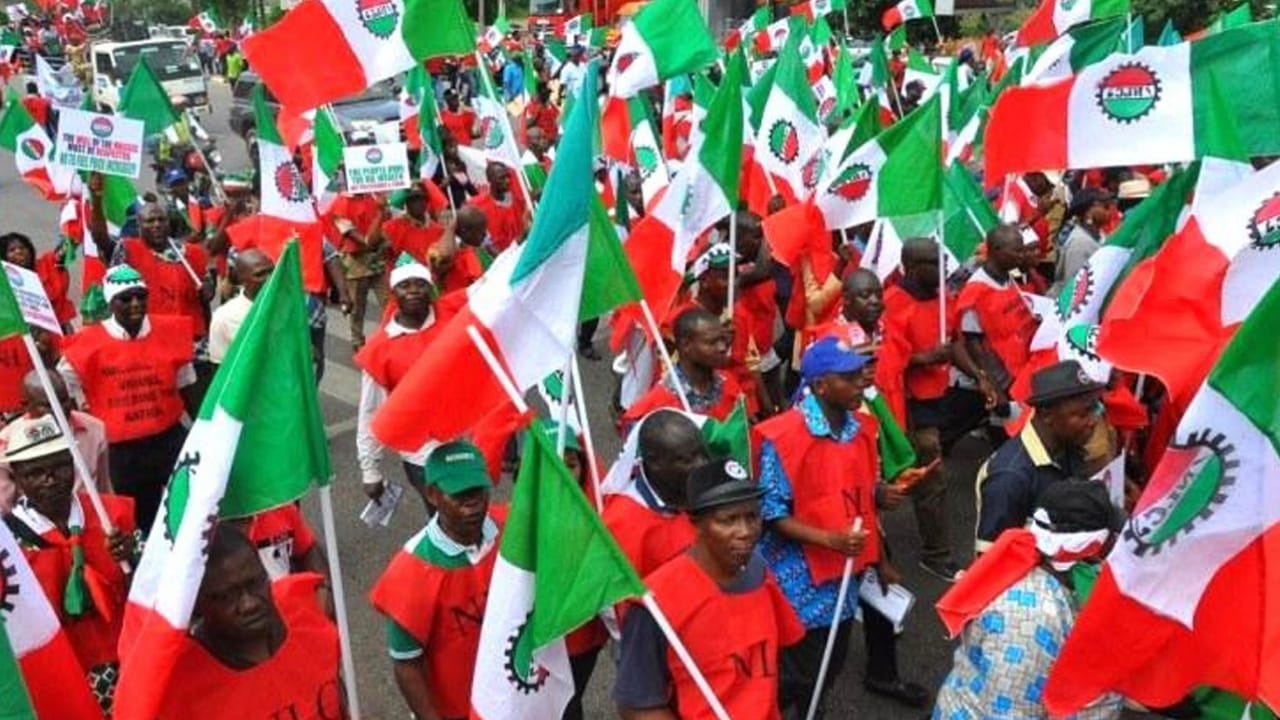Business
Private Sector Raises Concerns Over N70,000 Minimum Wage

Private sector voices strong concerns over the proposed N70,000 minimum wage. Explore the potential impacts and challenges for businesses.
The OPSN has expressed apprehension about their ability to enforce the recently authorized minimum wage of N70,000 owing to steep production costs posing a strain on private businesses.
Director-General of the Nigeria Employers’ Consultative Association (NECA), Adewale-Smatt Oyerinde, appreciated the federal government’s decision to sanction the fresh minimum wage but stressed that there is a need for adjustments and enhancements in policies to enable private enterprises meet their obligations.
Oyerinde stated that though they are grateful for the president’s solution related to the minimum wage problem, it is crucial to provide assistance in facilitating this transition for sub-national governments and private enterprises.
Read Also: NASS to Review New Minimum Wage Bill
OPS expressed concern during talks with the National Minimum Wage Committee regarding the recommended N62,000 wage. They were worried despite it being based on government efforts to alleviate economic pressures on private companies.
Oyerinde requested that the federal government tackle a range of concerns including: reverting recent electricity tariff increases, guaranteeing settlement by the Central Bank of Nigeria for all productive sector companies’ past forwards, discontinuing new business taxes and fees imposition for five years, as well as offering duty exceptions on conversion kits imported along with governmental subsidies in support of their procurement.
He emphasized that the ability to make payments is an important consideration. It’s critical for businesses to have access to timely information about the proposed support measures from the president in order for them to plan effectively.
